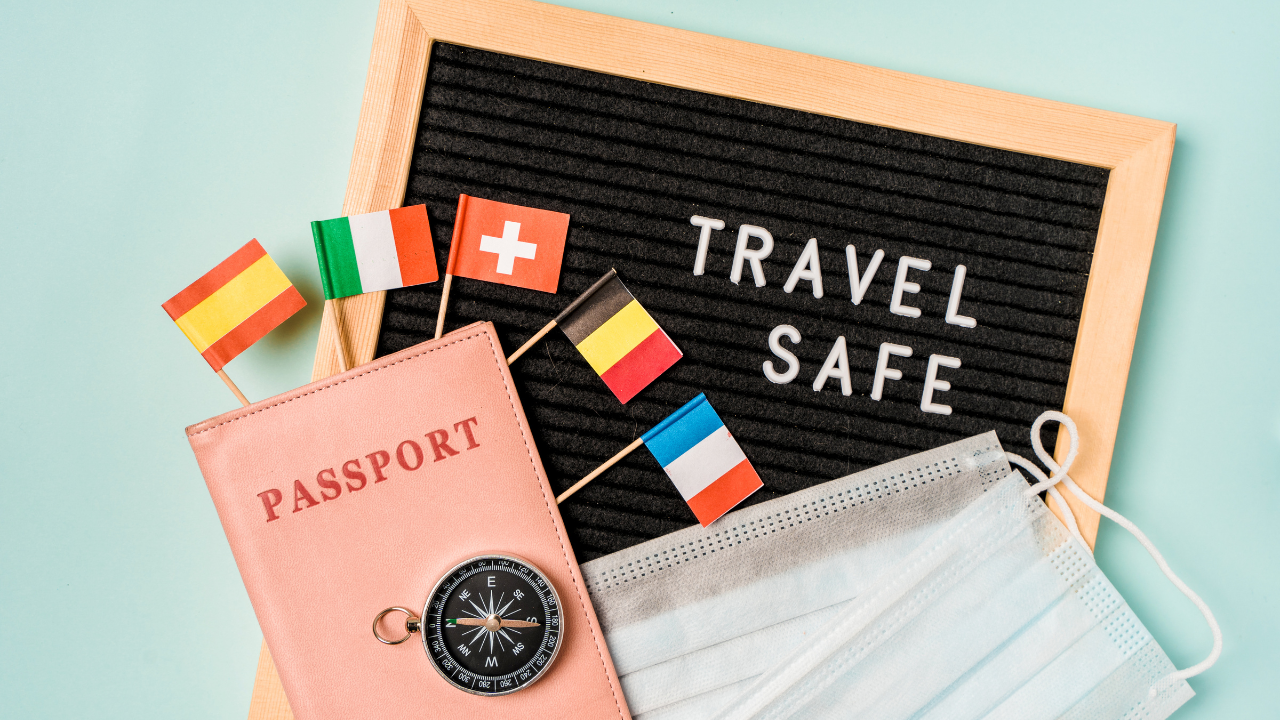Is Nepal Safe to Travel?
Nepal is generally considered a safe destination to travel for travelers, with millions visiting each year to experience its natural beauty, rich culture, and adventure activities. However, like any travel destination, it’s important to be aware of certain factors and take precautions to ensure a safe and enjoyable trip.
Political Stability:
Nepal has experienced political instability and occasional protests in the past, but the country has made significant progress in its political landscape. The government is democratically elected, and the overall situation has been relatively stable in recent years. Tourists are advised to stay updated on local news and developments before and during their visit.
Natural Disasters:
Nepal is prone to natural disasters such as earthquakes and landslides due to its location in a seismically active region. In 2015, a major earthquake caused widespread devastation, but the country has since made significant efforts to rebuild infrastructure and ensure tourist areas are safe. Travelers should familiarize themselves with safety protocols in case of emergencies and follow advice from local authorities.
Health and Safety Precautions:
While traveling in Nepal, it’s important to take precautions to safeguard your health and safety. This includes:
- Drinking bottled or purified water to avoid waterborne illnesses.
- Practicing good hygiene and using mosquito repellent to prevent mosquito-borne diseases like dengue and malaria.
- Being cautious with food choices to avoid stomach issues; opt for freshly cooked and hot meals.
- Ensuring you have adequate travel insurance that covers trekking and adventure activities, including medical evacuation if necessary.
Trekking and Adventure Safety:
Nepal is renowned for its trekking and adventure sports, such as trekking to Everest Base Camp or rafting on the Bhote Koshi River. While these activities are generally safe, it’s essential to choose reputable tour operators, guides, and equipment. Trekkers should acclimatize properly to avoid altitude sickness and follow safety guidelines during their trek.
Crime and Scams:
Crime targeting tourists in Nepal is relatively low, but petty theft and scams can occur, especially in crowded tourist areas. It’s advisable to keep valuables secure, avoid displaying large sums of money, and be cautious of overly friendly strangers. Use registered taxis or reputable transportation services.
Respect Local Customs and Culture:
Nepal is a diverse country with various ethnic groups and religious practices. It’s important to respect local customs, traditions, and dress codes, especially when visiting religious sites and rural communities.
In conclusion, Nepal is a captivating destination with much to offer travelers, from stunning Himalayan landscapes to vibrant cultural experiences. By staying informed, taking necessary precautions, and respecting local customs, visitors can enjoy a safe and rewarding journey in Nepal.

